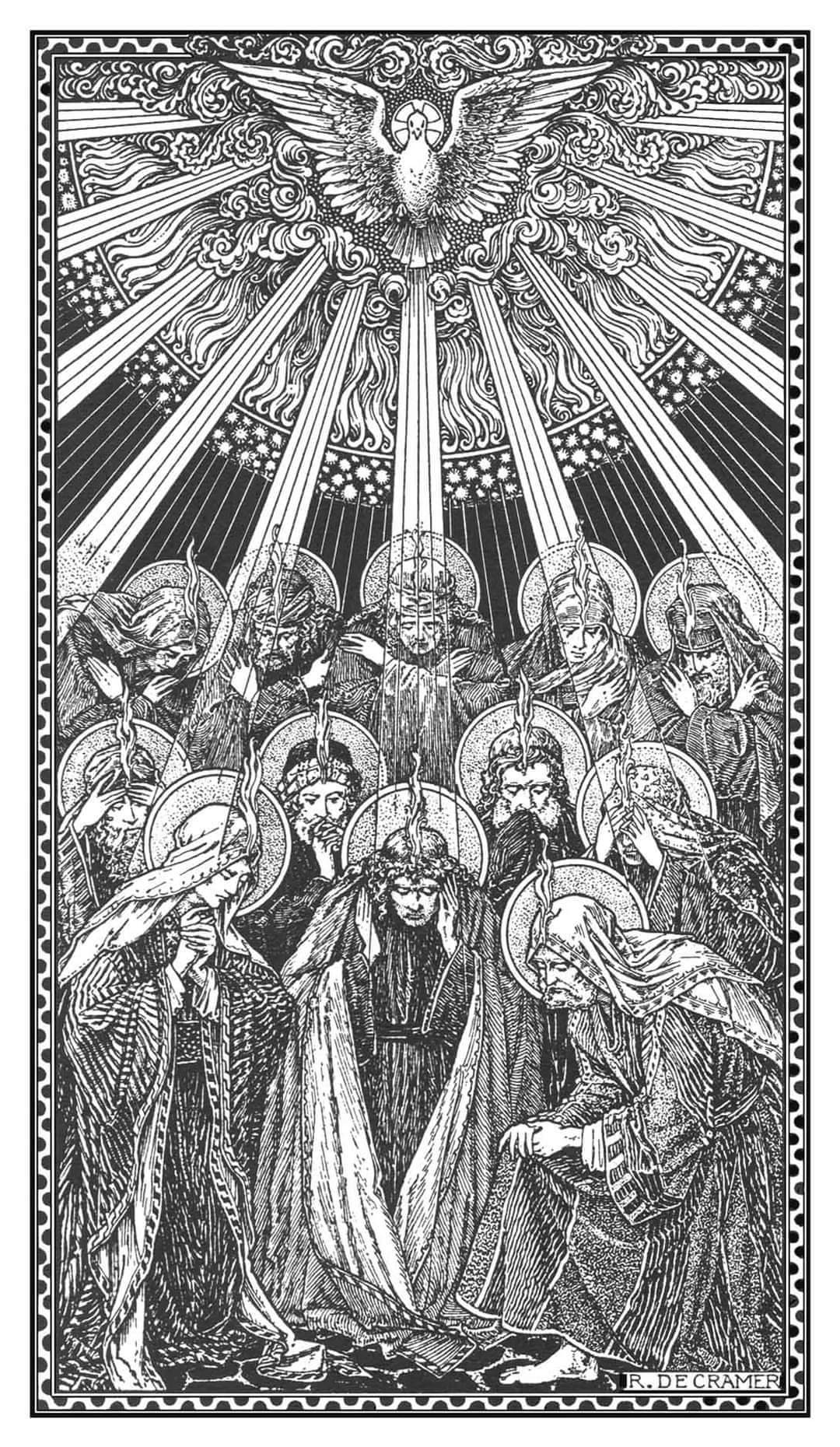From Dom Gueranger:
This section of the Liturgical Year, which comprises a little more or a little less than six months, according as Easter is early or late, has always had the character it holds at present. But, although it only admits detached solemnities and Feasts, the influence of the moveable portion of the Cycle is still observable. It may have as many as twenty-eight, or as few as twenty-three weeks. This variation depends not only upon the Easter Feast, which may occur on any of the days between the 22nd of March and 25th of April, inclusively; but, also, on the date of the first Sunday of Advent, the opening of a new Ecclesiastical Year, and which is always the Sunday nearest the Kalends of December.
In the Roman Liturgy, the Sundays of this series go under the name of Sundays after Pentecost. As we shall show in the next Chapter, that title is the most suitable that could have been given, and is found in the oldest Sacramentaries and Antiphonaries; but it was not universally adopted by even all those Churches which followed the Roman Rite; in progress of time, however, that title was the general one. To mention some of the previous early names:—in the Comes of Alcuin, which takes us back to the 8th Century, we find the first section of these Sundays called Sundays after Pentecost; the second is named Weeks after the Feast of the Apostles (post Natale Apostolorum); the third goes under the title of Weeks after Saint Laurence (post Sancti Laurentii); the fourth has the appellation of Weeks of the Seventh Month (September); and, lastly, the fifth is termed Weeks after Saint Michael (post Sancti Angeli), and lasts till Advent. As late as the 16th Century, many Missals of the Western Churches gave us these several sections of the Time after Pentecost, but some of the titles varied according to the special Saints honored in the respective dioceses, and which were taken as the date-marks of this period of the Year. The Roman Missal, published by order of Saint Pius the Fifth, has gradually been adopted in all our Latin Churches, and has restored the ancient denomination to the Ecclesiastical Season we have just entered upon; so that the only name under which it is now known amongst us is, The Time after Pentecost (post Pentecosten). (Read more.)





















No comments:
Post a Comment